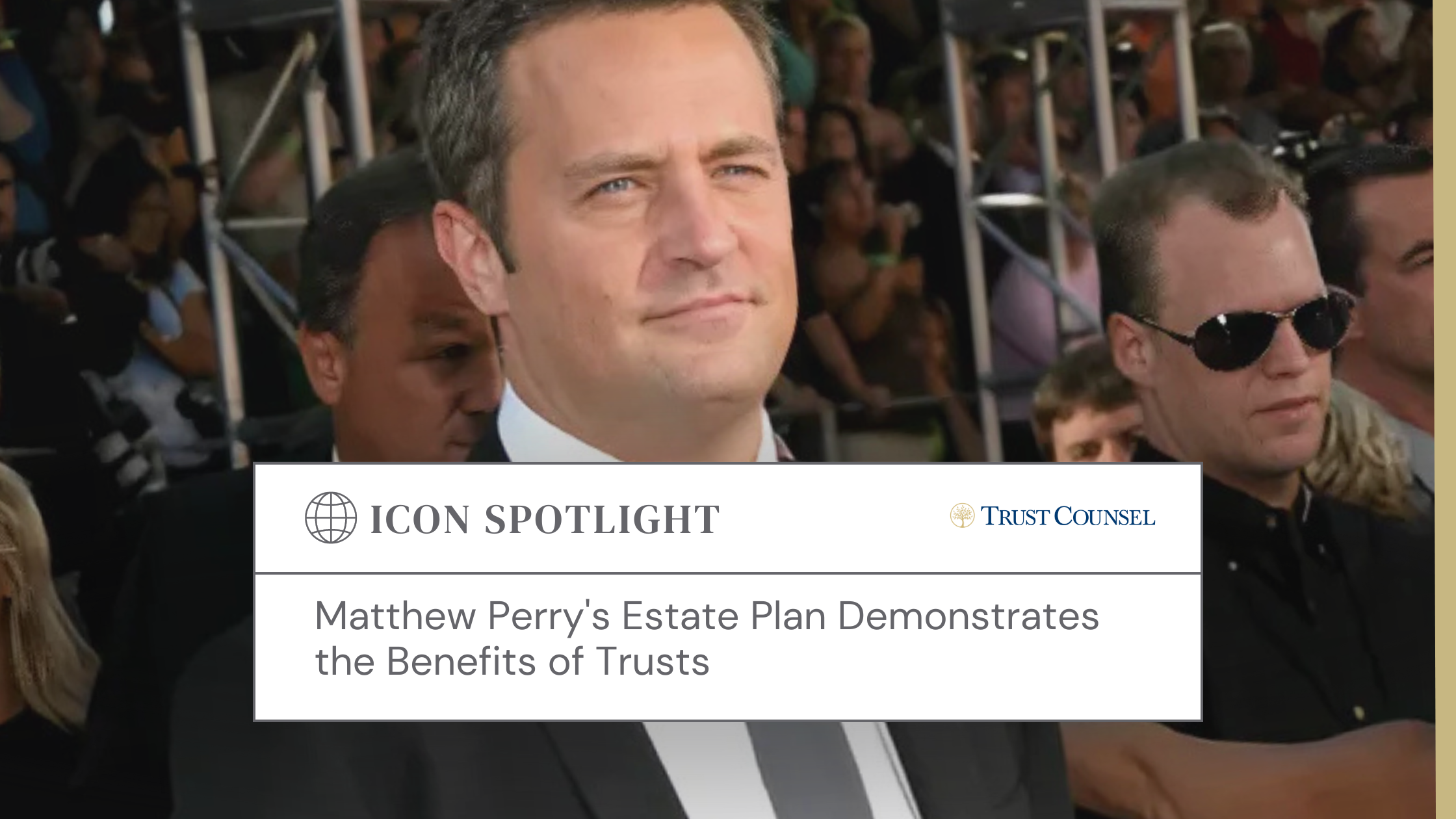In the flashy realm of Hollywood, where the spotlight often conceals the complications behind the scenes, Paul Walker’s legacy serves as a constant reminder that even the brightest stars can face dreadful, prolonged legal battles. Beyond the heart-pounding car chases and gripping action scenes of the “Fast & Furious” series, Walker’s own life took a tragic U-Turn in November 2013. However, what followed his untimely passing wasn’t just Hollywood drama, but a story that holds valuable lessons for everyone, no matter their fame or fortune.
Paul Walker’s fame was rivalled only by the tragedy of his untimely demise. The character of Brian O’Conner not only earned him the adoration of fans worldwide but also secured his place in cinematic history. However, on that fateful day in Santa Clarita, California, his life was abruptly cut short in a fiery car crash. The world was left in shock, grappling with the absence of a vibrant talent whose memory would continue to burn bright.
What emerged in the aftermath of Paul Walker’s passing was a complex legal tapestry. Amidst the grief, it was revealed that he had not created a comprehensive estate plan. This oversight cast a shadow over the distribution of his $25 million estate, leading to potential disputes and legal complications. Without a will or trust to provide clear instructions, the division of his wealth became uncertain, highlighting the importance of forward-thinking estate planning.
The battle for guardianship over Walker’s daughter, Meadow, added another layer of complexity to the legal saga. As the sole heir to her father’s estate, Meadow became the center of attention. Her guardianship was contested between her paternal grandmother, Cheryl Walker, and her biological mother, Rebecca Soteros. The clash between emotional interests and legal claims underscored the intricate balance between family dynamics and legal obligations.
The struggle for settlement within the family was both prolonged and miserable. While a resolution was eventually reached, the emotional toll on the Walkers was undeniable. This family conflict emphasized the far-reaching consequences of prolonged legal disputes, which can leave lasting scars on relationships and well-being.
Yet, amidst the turbulence, there arose a lesson of importance: the necessity of thorough estate planning. Paul Walker’s situation serves as a stern reminder that estate planning is not a concern reserved only for the wealthy or famous. It is a responsibility that everyone should undertake, ensuring that their assets are distributed according to their wishes, and their loved ones are spared the agony of legal conflict.
Meadow Walker’s inheritance serves as both a tribute and a testament to the power of proper estate planning. As the sole beneficiary of her father’s estate, she chose to create a foundation in his memory. This act of honoring his legacy underscores the lasting impact that thoughtful estate planning can have on future generations, enabling them to carry on a legacy of goodwill.
The emotional toll of the legal battles, the complexities of family dynamics, and the unexpected twists and turns of the legal process have painted a vivid picture of the challenges that can arise in the absence of comprehensive estate planning. As we reflect on the life and legacy of Paul Walker, we are reminded of the importance of taking proactive steps to safeguard our own legacies.
While Paul Walker’s will reflects thoughtful intentions and fundamental estate planning principles, it also exposes missed opportunities that could have potentially resulted in enhanced asset protection, tax efficiencies, and greater clarity for his family. However, it’s important to recognize that even brilliant individuals’ estate plans can have imperfections, given the evolution of personal circumstances and laws over time. The strengths of the acclaimed actor’s will outweigh its shortcomings, underscoring how simplicity and careful consideration can establish a strong groundwork. Despite being celebrated for his on-screen presence, Paul Walker crafted his estate plan with sincerity, aiming to secure his family’s future in his absence. Offering invaluable insights into the perspective of a cultural icon, his will captures just a single scene in the larger narrative of exemplary estate planning. Much like Paul Walker made significant contributions to entertainment, we must continuously refine the nuances and essential elements of estate planning to safeguard our legacy and serve the well-being of generations to come.





